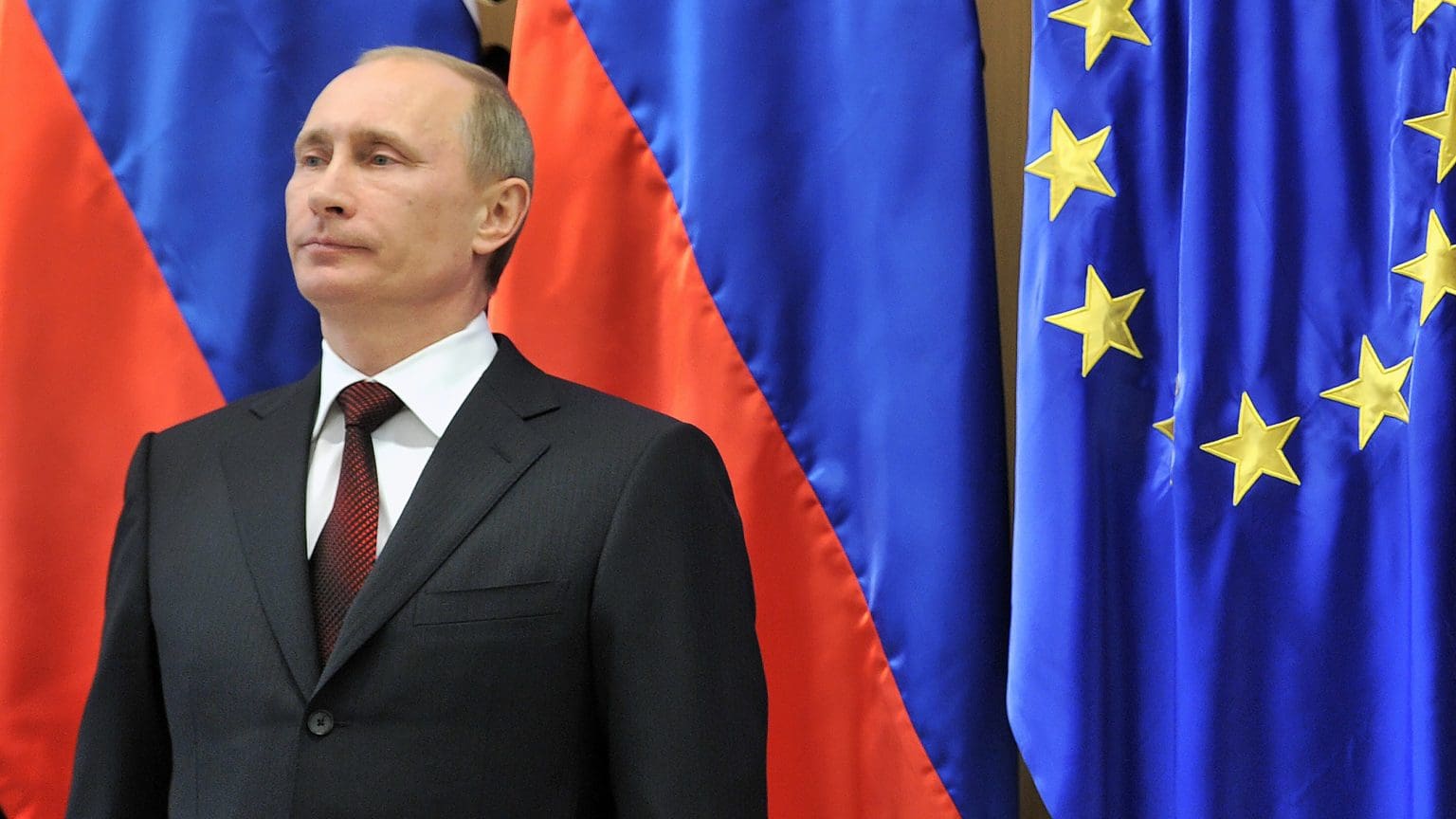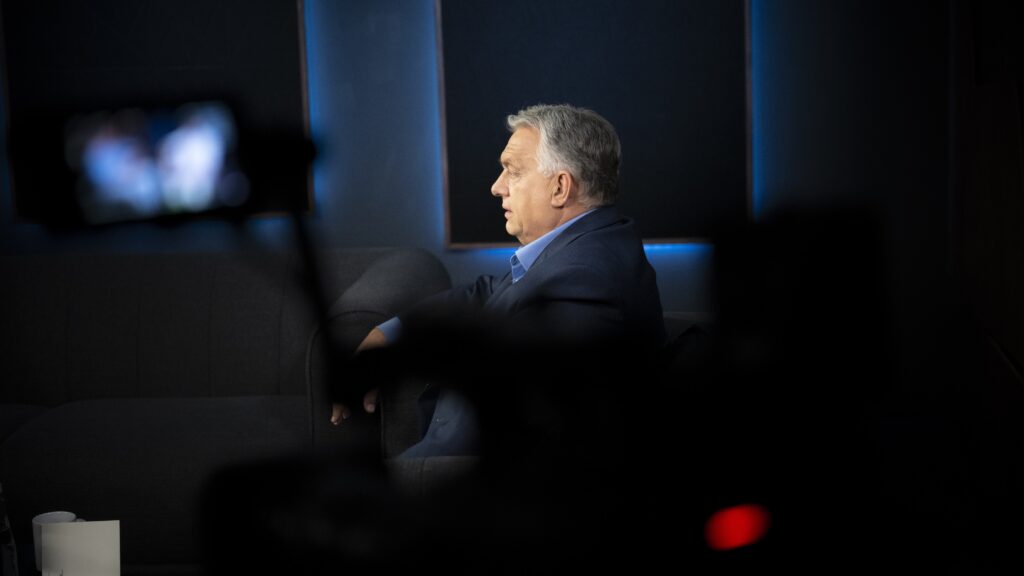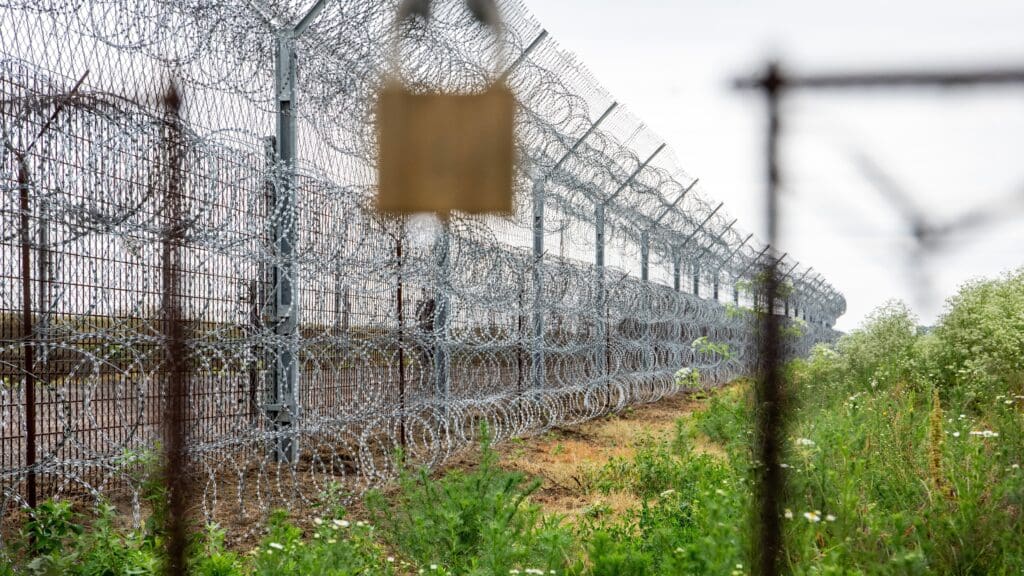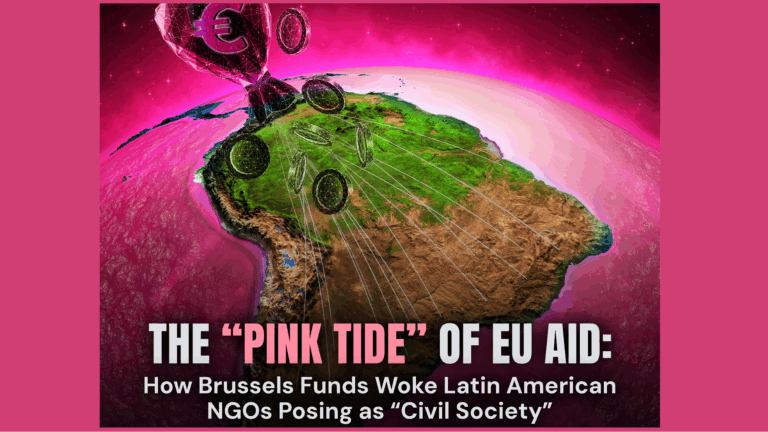The EU sanctions on Russia have generated a broad political and public debate since day one on how effective those sanctions can be. On the one hand, critics often bring up the fact that the war hasn’t stopped after as many as seven sanctions packages against Moscow, and Russia in fact has made one-and-a-half times more in energy revenues than last year. On the other hand, the supporters of the sanctions regime highlight that Moscow is facing a recession it has not seen since its 1998’s default, and has been suffering from a technological decline for 30 years, while the EU economies are still growing and are expected to expand next year as well. What effects can the current economic war between the West and Russia have in the long term? Who is right in the sanctions debate? Válasz Online analysed the EU sanctions packages one by one, and then, with the help of experts, looked at their impact on Russia and Europe respectively.
The European Union has adopted seven packages of sanctions since Russia invaded Ukraine in February. The authors of the article briefly described all of them and analysed their short- and long-term effects with the help of experts.
First Package
The first package of sanctions was introduced on 23 February 2022, one day before the outbreak of the war and two days after Russia recognised the independence of the breakaway republics of Luhansk and Donetsk. The Council of the European Union emphasized that the sanctions package is a response to Moscow’s recognition of the breakaway republics and the subsequent decision to send Russian troops to those areas. The first package included banning all members of the Russian State Duma (351 persons) from EU territory and the freezing of their assets. It also included an import ban on products coming from Donetsk and Luhansk, as well as trade, investment, and export restrictions. Overall, it banned 555 persons and 52 organisations from the EU.
Second Package
The second package of sanctions was announced a day after Russia started its war against Ukraine. It comprised a ban on accepting bank deposits above a certain value from Russian residents; a ban on the sale of oil refinery-related products and technologies to Russia and a ban on the sale of aircraft and their parts to Russian airlines. Sanctions also affected visa application procedures for Russian diplomats, officials, and businessmen. The package banned 654 persons and 52 entities from the EU. The EU Council’s statement said that the aim of the sanctions was partly to prevent Moscow from modernising its oil refineries and to cut Russia off from key markets.
Third Package
The third group of sanctions was introduced on 28 February 2022 and was supplemented on 2 and 9 March. The EU aimed to target the assets of the Russian elite linked to Vladimir Putin. In the meantime, the EU also started to provide equipment and supplies to the Ukrainian armed forces. €500 million in aid were given to Ukraine through the European Peace Facility Framework (EPF), including –for the first time– aid for the purchase of lethal weapons.
Sanctions included a ban on all Russian carriers from EU airspace and airports and a ban on the broadcasting of the media company Russia Today and the Sputnik news agency in the EU. The sanctions cut Russian banks (Bank Otkritye, Novikombank, Promsvyazbank, Rossiya Bank, Sovkombank, Vneshekonombank, VTB Bank) off the SWIFT financial data exchange system. Further restrictive measures were ordered on Russian exports of maritime products and radio communication technologies. Belarus’s financial sector was also sanctioned. 53 more persons and 862 further organisations were banned from entering the EU.
Fourth Package
The aim of the fourth group of sanctions introduced on 15 March 2022 was ‘to paralyse the financing of the Kremlin’s war machine’, as Josep Borrell, High Representative of the Union for Foreign Affairs and Security Policy put it. Measures of the fourth sanctions package included a ban on new (EU-backed) investments in the Russian energy sector; a ban on providing credit rating services in Russia; export restrictions on energy-related equipment, technology, and services and finally, trade restrictions on iron, steel and certain luxury goods. It also put well-known Russian oligarchs Roman Abramovich and German Khan on the list of sanctioned individuals and altogether banned 877 individuals and 62 entities from the EU.
Fifth Package
The European Union announced the fifth package of sanctions on 8 April 2022, just days after the news of the Bucha massacre broke. In the wake of the atrocities committed in Bucha and other Russian-occupied territories, pressure on the perpetrators of aggression should be stepped up – argued the EU. As of August this year, the new sanctions prohibit the purchase, import or transfer of coal and other solid fossil fuels into the EU if they originate from Russia. A ban on ensuring Russian-flagged ships when they sail to EU ports was also introduced, along with with the ban on all Russian and Belarusian road transport companies. Exceptions may apply to medicines, medical equipment, agricultural products including wheat, and road transport for humanitarian purposes. Further export bans on jet fuel, quantum computers and advanced semiconductors, high-end electronics, and software were introduced, as well as import bans on wood, cement, fertilisers, seafood, and liquor. 1091 individuals and 80 organisations were banned from the EU.
Sixth Package
Between 30 May and 3 June 2022, the next package of restrictive measures was introduced. According to the Council’s understanding, as Russian aggression continues, sanctions should also be imposed on crude oil and petroleum products supplied from Russia to member states. In accordance with that, the EU prohibited imports and transfers of Russian crude oil and certain petroleum products by EU companies. The phasing out of Russian oil will take six months for crude oil and eight months for other refined petroleum products. A temporary exemption was granted to those land-locked Member States where crude oil is transported by pipelines, such as Hungary. In addition, temporary divergence was also granted to Bulgaria and Croatia for imports of Russian crude oil and vacuum gas oil transported by sea. The sixth package also includes the exclusion of further Russian and Belarusian banks from SWIFT, namely Sberbank, the Moscow Credit Bank, the Russian Agricultural Bank, and the Belarusian Development and Reconstruction Bank. The EU also suspended the broadcasting activities of additional Russian state-owned media outlets. In total, 1158 persons and 98 organisations were banned from the EU in this round of sanctions.
A temporary exemption was granted to those land-locked Member States where crude oil is transported by pipelines
Seventh Package
The seventh package of EU sanctions (sometimes numbered as 6.5 and 6+1) was decided on 21 July this year. The aim of this group of sanctions according to the Council is to ‘maintain and coordinate’ measures introduced so far. This last package has in practice fine-tuned previously adopted measures. It gave dispensation to trade in agricultural and food products, including wheat and fertilisers, between a third country and Russia and gave green light to third countries and their nationals operating outside the EU to purchase pharmaceutical and medical products from Russia. At the same time, it prohibited gold imports from Russia and banned 1212 persons and 108 entities from the EU.
How Do Sanctions Impact the Russian Economy?
Those who oppose punitive measures against Russia often argue that while Europe is being ruined, Russia is only getting richer. Vladimir Putin also noted earlier in one of his statements that European states are losing much more from the crackdown on Moscow than the Russians.
The question of how much Russia has made on high energy prices is impossible to answer precisely because of the confidentiality of this information. According to a recent press release by the Russian Ministry of Finance, Russia’s oil and gas revenues in the first seven months of the year were 7,200 billion Russian rubles. The same figure in last year’s same period was 4,800 billion roubles, which indicates a significant increase. However, according to the public statement linked above, the ministry had expected an even higher figure; the realised revenue is in fact 300 billion rubles less.
Whether we believe the official data or not, Russian hydrocarbon revenues have undoubtedly grown in the last six months due to the roughly tenfold increase in European gas prices.
In the meantime, however, all analyses suggest that Russia will be hit by a severe recession in 2022. At the end of June, the Russian Ministry of Economic Development was already expecting a GDP decline of 7.8 per cent for 2022, which is closer to 10 per cent in the reality.
The World Bank expects a 9 per cent decline, while other calculations predict a 12-13 per cent drop. This is comparable to the partial Russian default of 1998. Technically, Moscow is already in a state of default, as it has not been able to pay the interests on dollar bonds for some time.
Do Sanctions Affect Russian Public Opinion?
It is very difficult to tell what the Russian public thinks about the war because of disinformation and classified statistics. However, in mid-July, the news portal Meduza leaked a non-public dataset from the Russian Public Opinion Research Center (VCIOM). According to the report, 30 per cent of respondents think that ‘military activity in Ukraine’ should ‘end as soon as possible’, 13 per cent said it was difficult to answer the question, while 57 per cent think the war should continue.
VCIOM, on the other hand, shared another poll, accessible to the public, according to which 17 per cent of respondents said they ‘rather oppose’ the continuation of the ‘special military operation’, 11 per cent said the question is difficult to answer, while 72 per cent think the military operation should continue.
There is a 13 per cent discrepancy between the leaked and public data on how many people oppose the war. This indicates that although the majority is in favour of continuing the war, there is growing tension in the Russian public about it, which the Russian regime is apparently trying to conceal.
Could European Economies Slow Down Because of the Sanctions?
According to the forecast published by the European Commission, the EU’s economy will not turn into a recession. Real GDP will grow by 2.7 per cent in 2022 and 1.5 per cent in 2023 in the EU. In the eurozone, growth is expected to be 2.6 per cent in 2022 and 1.4 per cent in 2023. Of course, it needs to be added that as in the case of Russia, the first two, pre-war months of the year have improved the outlook somewhat.
How Could the Hungarian Economy Be Affected?
The Commission forecasts that the Hungarian economy will grow by 5.2 per cent this year and 2.1 per cent in 2023. This is of course worse than the 7.1 per cent growth in 2021, but better than the 4.5 per cent achieved in 2020.
So, comparing Russian, EU and Hungarian GDP figures, we can see that Russia is facing an economic cataclysm, while Europe is “only” facing a growth slowdown. The impact of the war and sanctions are more tangible in EU countries in terms of the dramatically rising food and energy prices.
Conclusion
As a conclusion, Válasz Online asked Hungarian experts about their views on the seven sanctions packages and their effect on the Russian economy.
András Deák from the Strategic Defence Research Institute, SVKI, explained: ‘The sanctions packages are effective if we look only at the economic fallback on the Russian side, which has already occurred and is expected to continue. The problem is the Western European argument attached to these sanctions, namely: the greater the pressure exerted by the sanctions, the quicker peace will come. This mindset was wrong from the start because sanctions–as we saw earlier in the case of Iran– can only have an impact in the long run,’ he opined.
It is ‘impossible to immediately take off the field a player of Russia’s size’
In his view, it is ‘impossible to immediately take off the field a player of Russia’s size, conquering with imperial logic, who had anticipated and prepared for a significant portion of these sanctions. Economic and technology sanctions are designed to weaken the financial and military means necessary for waging a war in the long term. And of course, they have a moral dimension as well. They send a positive message to the country attacked and reassure the public opinion of the country or the community that has introduced the sanctions. As far as the latter is concerned, the results are mixed: the Ukrainians are always asking for more help, and the European public–apart from the Poles and the Baltic states–is now demanding peace talks as soon as possible.’
According to András Rácz, an analyst of the German Council on Foreign Relations, DGAP the sanctions imposed so far ‘caused a decisive setback as to the sustainability of Russian military capabilities. Most of their modern weapon systems–drones, helicopters, for example–simply cannot be produced without Western technological imports. What is shot down in or launched into Ukraine today cannot be replaced in the foreseeable future. Of course, at this point, economic sanctions imposed by the EU and the withdrawal of Western companies from Russia have a combined impact. The best– non-military–example is the automotive industry. Russia can still produce cars, but only without airbags, ABS safety systems and state-of-the-art electronic systems. It is no exaggeration to say that, regarding technology, Russia is falling back into the early 1990s. That does not mean the war will end immediately or that Russian society will overthrow the Putin regime. But it would be very odd if the expected recession of around 10 per cent would not have an impact on the political system of Russia,’ Mr Rácz concluded.








